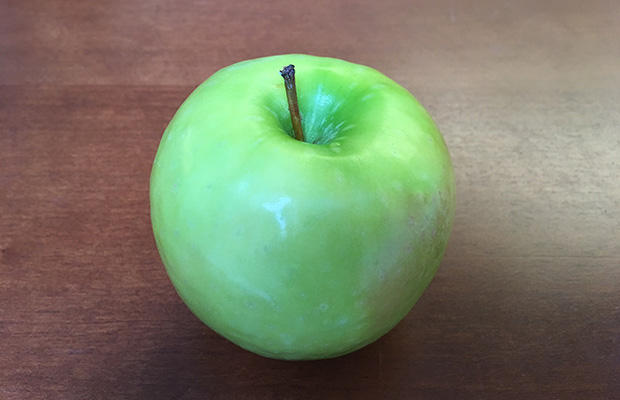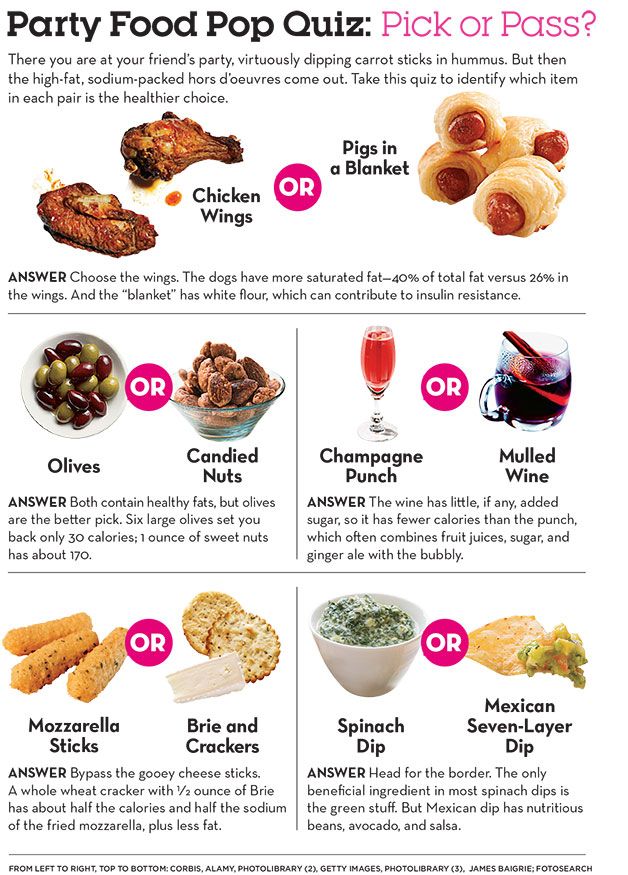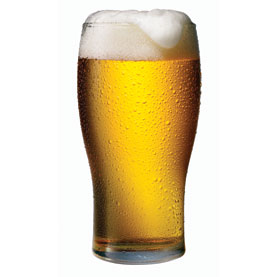Why Dieting with Your Significant Other Is a Bad Idea
You'd think dieting with your partner would offer both support and motivation, making it easier to reach your weight-loss goals. Well, you'd be wrong—at least according to a study published in Eating Behaviors.
Jennifer Harman, PhD, an associate professor at Colorado State University, and her colleagues looked at 50 overweight couples who pledged to lose weight in the New Year. They discovered that the more successful one partner was at eating healthier, the less successful the other partner was at controlling his or her own food portions.
What gives? Watching someone achieve a goal that's important to you may threaten your self-esteem, Harman explains. You do one of two things to cope: distance yourself from the person achieving your goal or distance yourself from the goal itself. "The people we studied were married, so distancing themselves from their partners wasn't easy (or desirable)," says Harman. "So the other option was to lose confidence in their ability to control portion sizes and lose weight."
This came as a shock to Harman, who assumed that a support system of any kind would be more beneficial than not. But studies show that self-esteem drops when someone performs better than you when you're working just as hard toward a common goal. Case in point: When the husbands in the Colorado State study (who were successful in the weight-loss realm) monitored their weight by stepping on a scale or checking themselves out in the mirror, their wives became more negative about dieting and monitored their own weight less.
Whether you're dieting alone or with a partner or friend, gaining confidence in regulating portion sizes is critical, says Harman, who found that women are less confident than men in their ability to control portions. "Only put the right portion size on your plate, as getting up to get more food takes effort," Harman says. "If it seems like the portion size was too small, and you still don't feel full after eating it, wait a few minutes so that your stomach has enough time to tell the brain whether you've eaten enough to feel full."
And remember: Everyone loses weight at different rates. "Your confidence will build over time as weight-loss goals are reached," Harman says. "It just takes a lot of careful monitoring—and patience!"
-
I Hated My Friend for Losing Weight
Vals Gastric Bypass Surgery When I was a little girl, my uncle called
-
What You Can Do To Get Your Weight Under Control: A Few Good Tips
You cannot live with too much weight. You’re having lots of
-
10 Ways To Make Exercise More Comfortable When Youre Carrying Extra Weight
Whether you aim to shed pounds or just to live a healthy life, exercis
-
Tough Time With Weight Loss? Try This!
TIP! Try engaging in cardio exercise right after you wake up and
-
FTC settles with loss pill makers
We have all seen the pills in the stores that promise that we wi
-
Fasting To Lose Weight -How Fasting Can Help With Weight Loss
If you’ve considered fasting to lose weight, this article
- DON'T MISS
- Learn How To Lose Weight Smarter Right Here!
- Expert Tips To Use For Weight Loss
- Weight Loss Tip #64: Lose weight faster using kettlebells
- About Weight Training
- This Is What Its Like To Have Weight Loss Surgery
- Try Fat Loss For Idiots Now!
- Dan’s Weight Loss Story
- Goodbye Love Handles
- 12 Surprisingly Effective Ways To Halt Your Hunger
- 20 Biggest Health Excuses That Hold You Back




